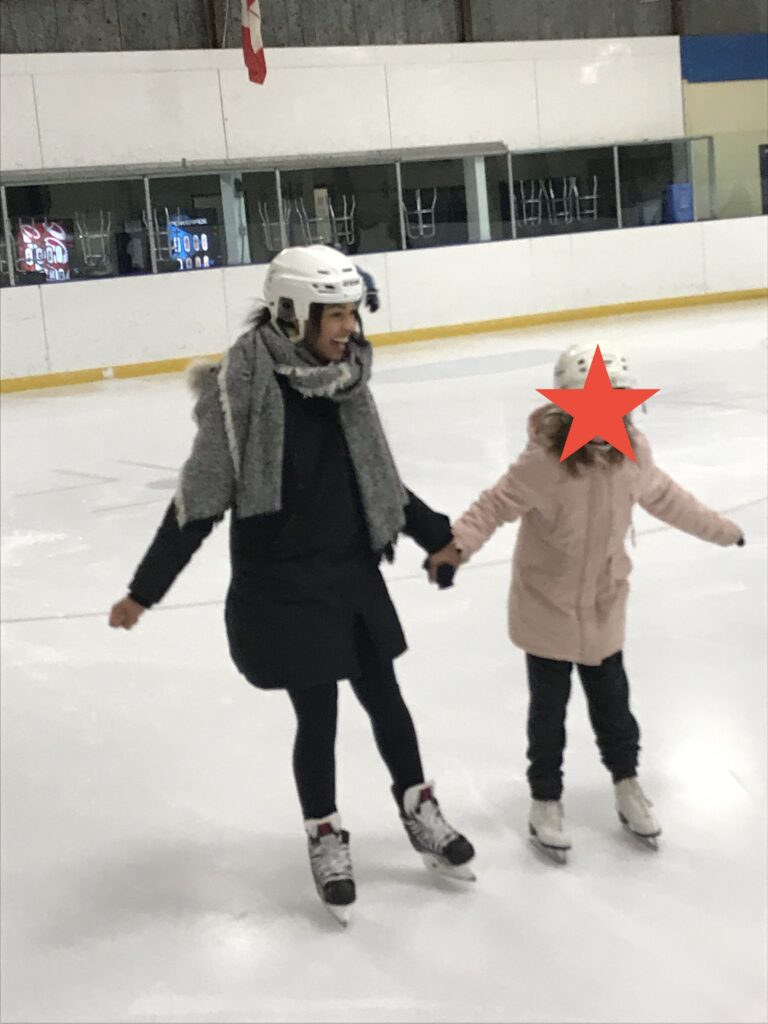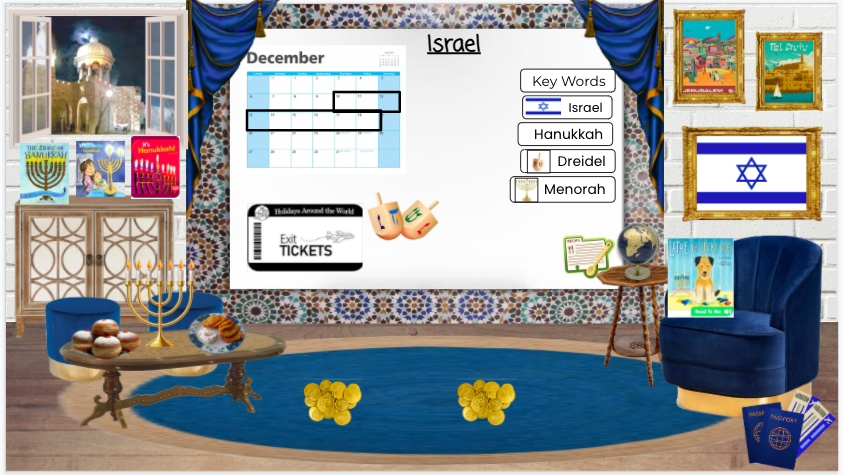
I believe that student success stems from my role as an effective educator, the environment that they are able to express themselves and take risks academically. Students come from diverse backgrounds and learn in varying capacities, with this, they should be able to enter a judgment-free classroom where they feel comfortable and have positive relationships with their peers, and have an educator who can advocate for their learning. In saying this, my philosophy of education relies heavily on integrating practices that instill the principles of Culturally-Relevant Pedagogy.
My role as an effective educator is to create a safe inclusive environment where the students are able to engage in learning that best meets their individual needs. To meet this expectation my goal is to build self-efficacy as an educator. This shift in mindset from, focusing on personal growth to being solely reliant on the growth of students as an indicator of success and progress as an effective teacher. Which will specifically include, implementing various forms of learning styles into the curriculum to meet these goals. In order to build self-efficacy as an educator, I will also take part in weekly self-reflection of my strengths, weakness, and future improvements to work on.
In addition, as an educator, building a safe inclusive environment means that appropriate strategies are implemented to allow for educating the students on diversity and respect for one another. I will enter the classroom every day being respectful, having an enthusiastic attitude, and will be open-minded, leaving implicit biases at the door. I strive to work towards conveying this attitude to my students. It is also critical that my classroom fosters the idea that our cultural background and diversity are seen as our strengths and present as opportunities to enhance learning for all, rather than challenges or deficits of the student.
My instructions are based on the relationships I have built with my students, as well as, their development. As the educator, it is essential to know your students first, and building a relationship from the beginning of your journey with the student. This will help with understanding what the best strategies are to educate my students based on their individual needs. Your goal is to understand the student, not be understood. Student success comes from building relationships and no good learning came from a bad relationship. How I can achieve this in the classroom is through individual self-reflections by the students, so I, as the educator know how they are feeling entering my classroom, what is occupying their minds and what they wish to accomplish.

I am determined to be a strong advocate for my students, inside and outside the classroom. Learning does not end in the classroom. I want my previous students to still consider myself as their educator, even years after they were in my classroom. I strive to be someone who can be there for them no matter the context. Some students may come from a background where they do not have someone that will advocate for them as a person and as a learner. At first, it may be hard to identify these students and they may make it difficult to help them. But I am aware that they appreciate the support, and may not be able to express that. I also take pride in knowing, I am going to be an advocate for black students in my school. Students of colour need to feel represented in the education system and what better way to do this than to be taught by someone like them first hand. I long to be that advocate for black students in my school and classroom. One that displays kindness, power and works along side her colleagues as a team. Moreover, I want to be the educator that makes meaningful and impactful changes to the school, where patterns of marginalization are addressed and intentionally interruppted.
Over the past year, we have all been forced to adjust our ways of living due to the pandemic. For me, this meant adjusting the drive to accomplish all my goals as soon as they present themselves. Accomplishing all of my goals in school and at work meant that I was in overdrive at the beginning, where I lost sight of self-care and my mental health. Although, in doing so I felt accomplished in the end and did not submit work that was not my best. I noticed how draining this approach was. The pandemic forced myself to rethink this strategy to completing tasks and accomplishing goals. It has made me take a step back and finally breathe and realize nothing is worth risking my mental health and missing self-care for. Now I find myself re-structuring how I accomplish goals, instead chunking my goals into smaller tangible goals. Overall, my mental health has improved, as I feel less stressed when accomplishing my goals, but also I am making more time for self-care, which includes, spending more time with family, daily physical activity and rest. This has ultimately assisted me in becoming a better educator as the demands of this career can often present itself with many goals that need to be accomplished and starting earlier and chunking these goals and tasks into smaller tangible goals to be accomplished, I will be able to fulfill my role of being an effective educator. The pandemic has also assisted me in becoming a more effective teacher as I have been able to enhance my technology skills in the classroom and found ways to integrate technology into the classroom that enhances learning. I have become proficient in Google Classroom, SeeSaw and creating Bitmoji classroom, to name a few. With this I hope to register in more Professional Development courses that will introduce me to new and meaningful ways to integrate technology into the classroom to enhance student learning.
